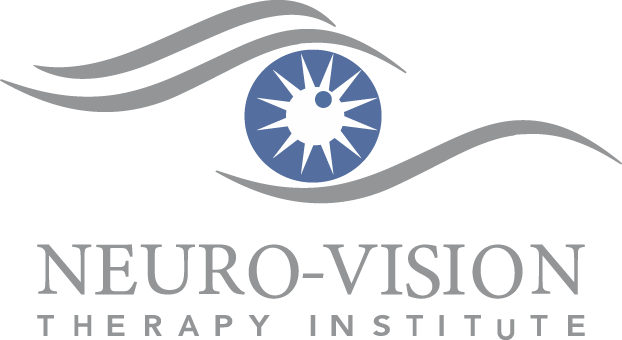What is Vision Rehabilitation?
Brain pathways that lead to healthy, functioning vision, communicate with nearly every part of the brain. A brain injury occurring in any part of the brain can disrupt these sensitive visual pathways and create severe visual deficits. In fact, one or more vision symptoms occur in up to 90% of individuals following a concussion. These vision conditions make many common tasks difficult.
A brain injury is a broad term that encompasses many types of head trauma, all of which can disrupt vision. These can include:
- Concussions and traumatic brain injuries (TBIs)
- Neurological conditions like multiple sclerosis (MS) or Parkinson’s disease
- Post-Infection vision problems from Lyme disease or COVID-19
- Strokes and ischemic events with visual field loss
While the symptoms can vary greatly, many individuals with a brain injury have reading difficulties that occur as the print goes in and out of focus or reduces concentration. It is common for screens to become intolerable due to light sensitivity. It’s also common to have reduced peripheral or side vision and difficulties with driving.
Dr. Talaber and her team have extensive training in using neuro optometric rehabilitation for concussion recovery or other brain injury recovery. She utilizes comprehensive Neuro-Vision Evaluations to uncover these subtle, yet disruptive vision conditions and provides vision rehabilitation to reduce symptoms and restore functional vision.

